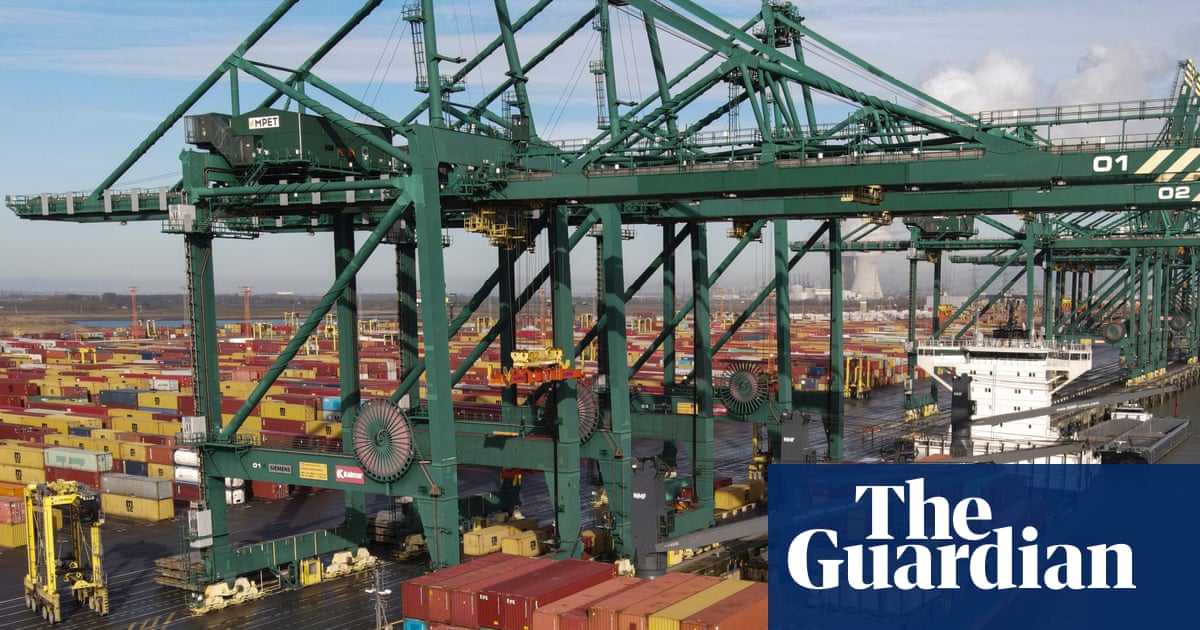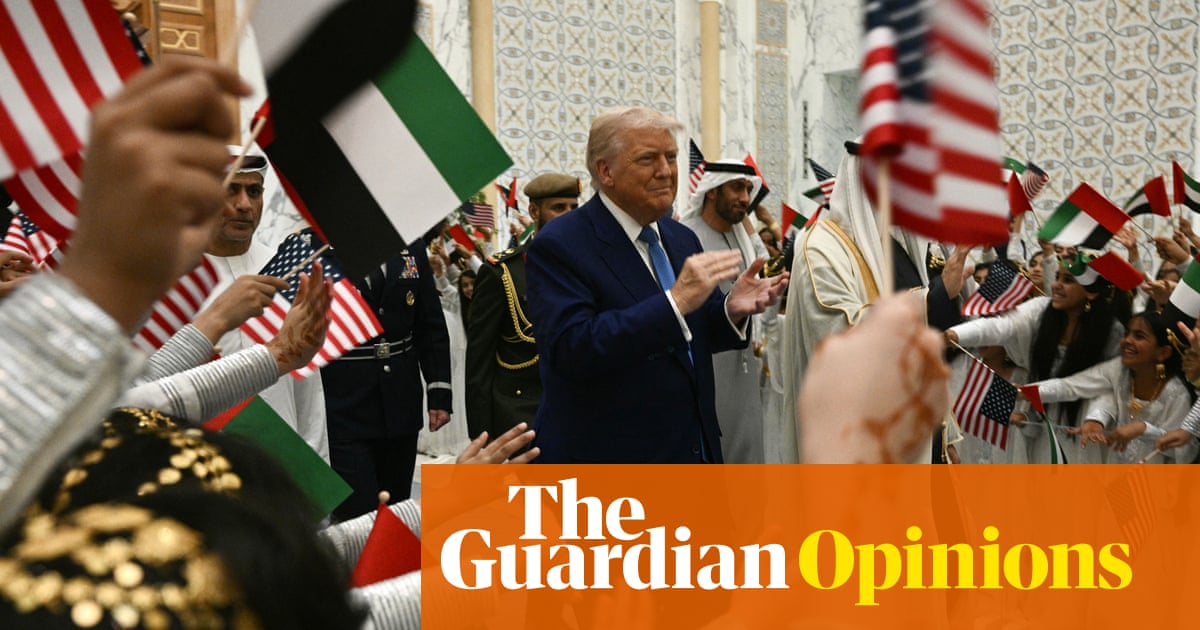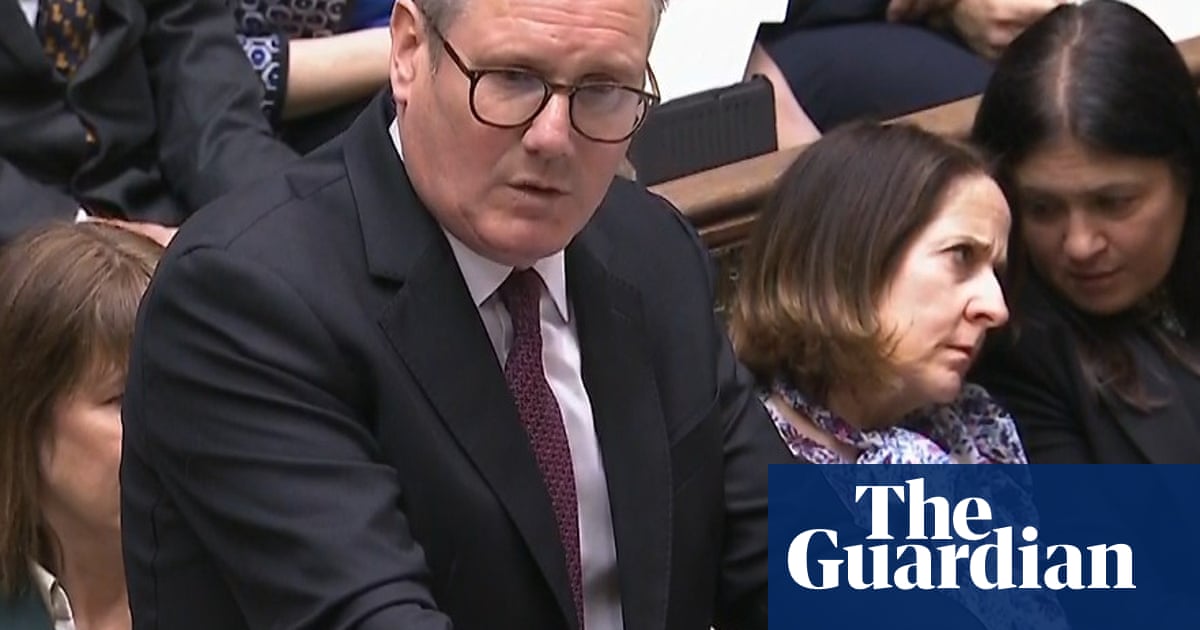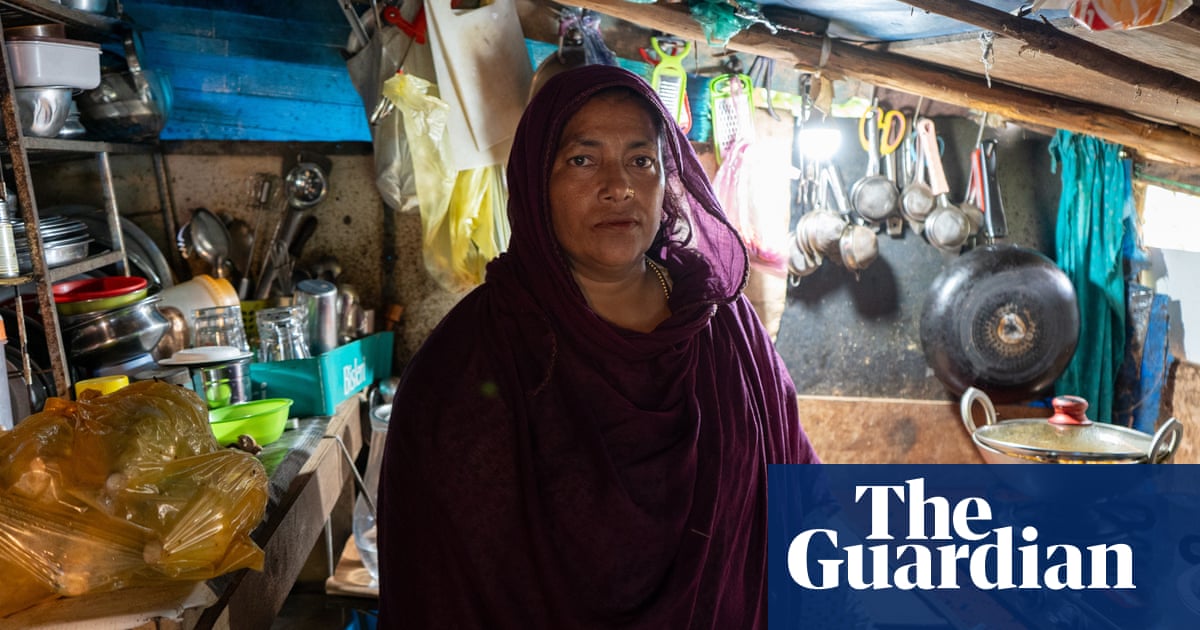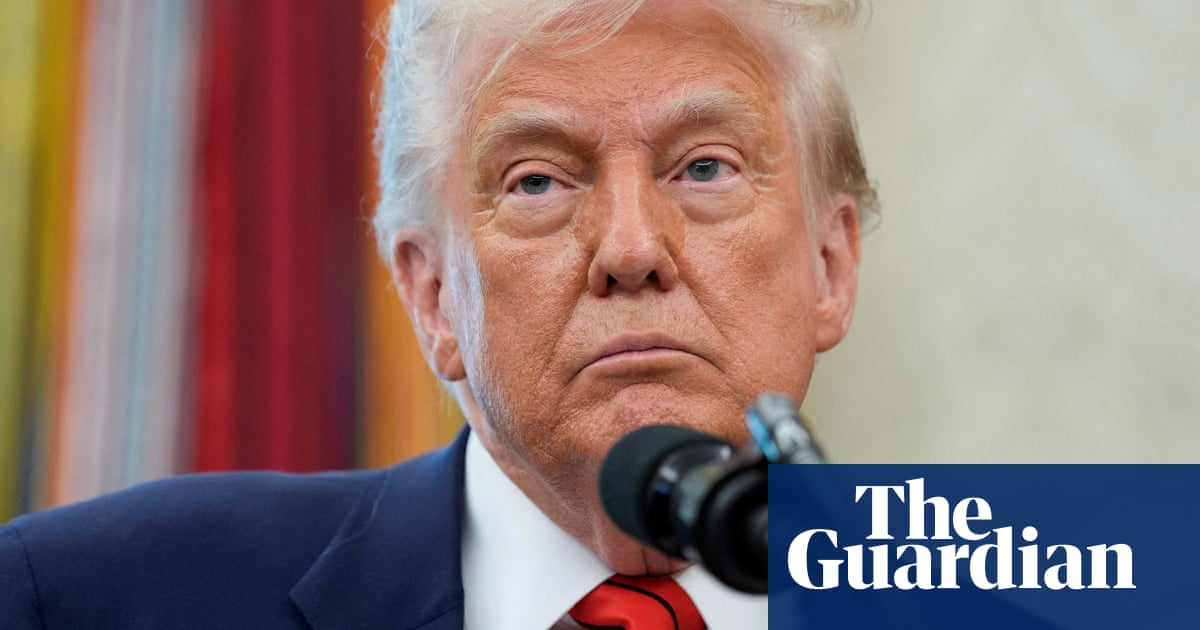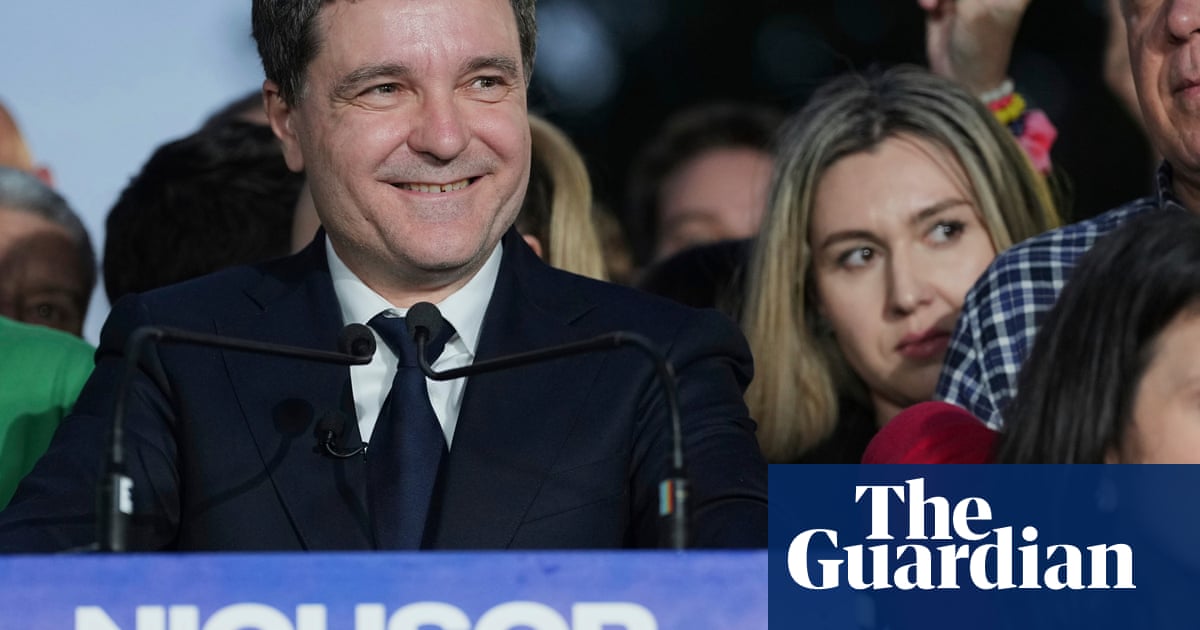Donald Trump has signed off the UK’s handover of the Chagos Islands to Mauritius, Downing Street has indicated, paving the way for the UK to cede sovereignty over its last African colony after a six-month standoff.
Under the terms of the deal, the UK will give up control of the Chagos archipelago while paying to maintain control of a joint US-UK military base on the largest island, Diego Garcia, under a 99-year lease.
The agreement came under fire from senior Republicans in the US last year, and more recently some inside the UK government who questioned why the UK was spending billions on it amid cost pressures.
The prime minister’s spokesperson said on Tuesday that the deal was being finalised after receiving the green light from Trump. “My understanding is it’s now between us and the Mauritian government to finalise the deal, following the discussions with the US,” he said.
Trump told Keir Starmer during his visit to the White House in February that he was “inclined to go with your country” over the Chagos deal and that he had “a feeling it’s going to work out very well”.
The plan to cede control over the islands was announced in October, before a change of administration in Mauritius and Trump’s return to the White House threw it in doubt.
Senior figures in Trump’s administration including Marco Rubio, his secretary of state, criticised the proposals, and Nigel Farage, the Reform UK leader, spent months openly lobbying the president and his advisers to reject the deal, creating embarrassment for the Labour government.
Critics have argued that the handover will compromise the security of the joint military base because of Mauritius’s relationship with China.
UK officials claim the links between Mauritius and China are overstated, however, and that India is the more influential regional power. Mauritius is one of the few countries in the region that has refused to take part in China’s belt and road initiative.
Ministers have also argued that the UK has to give up the territory due to international legal rulings in favour of Mauritius, and that legal uncertainty over the legitimacy of the military base could compromise its security.
The UK government revealed it would spare China from facing stronger rules as part of its register of foreign lobbyists coming into force on 1 July.
Russia and Iran would both be included in the enhanced tier of the foreign influence registration scheme once it was launched this summer, Dan Jarvis, the security minister, told the Commons.
The enhanced tier of the scheme is reserved for countries that pose a risk to UK national security. Anyone who is directed by Russia or Iran to carry out activities in the UK must declare it or face five years in prison.
after newsletter promotion
Jarvis declined to comment on China’s status in the scheme or to speculate on “which countries may or may not be specified in the future”. Should ministers decide to impose stricter rules on China or any other countries such as North Korea, they will need to give three months’ notice of the change.
Announcing greater restrictions on Russian activity, Jarvis said Moscow “presents an acute threat to UK national security” and that its “hostile acts have ranged from the use of a deadly nerve agent in Salisbury, espionage, arson and cyber-attacks, including the targeting of UK parliamentarians through spear-phishing campaigns”.
In response Chris Philp, the shadow home secretary, described China as the “elephant in the room” and said the country “engages in industrial-scale espionage, seeking to steal technology from government, universities and from industries. They repress Chinese citizens here and have sought to infiltrate our political system.”
The foreign influence registration scheme was expected to come into force last year but the new Labour government delayed its implementation.
Ministers said on Tuesday that they would work with business and academia to help them prepare for the scheme’s launch, and that there would be a three-month grace period to register existing ties with foreign states.

.png) 1 month ago
28
1 month ago
28

